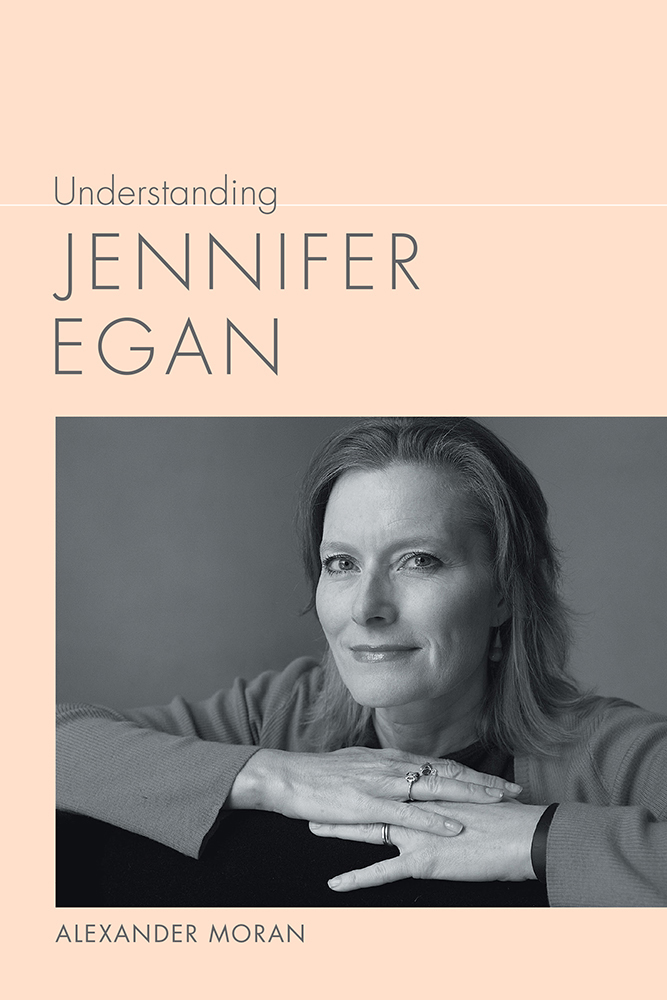The LA Times piece was not the only controversy in which Egan found herself during the literary awards season. After winning the Pulitzer Prize in 2011, she was interviewed by Julie Steinberg for the Wall Street Journal. Steinberg asked her if she felt female writers are treated differently by the press than their male counterparts. In response, Egan briefly referred to the writer Kaavya Viswanathan, who had recently been found to have plagiarized the chick lit authors Sophie Kinsella, Meg Cabot, and Megan McCafferty. Egan’s complaint was not that Viswanathan had plagiarized, but that “she had plagiarized very derivative, banal stuff. This is your big first move? These are your models?” She went on to say, “My advice for young female writers would be to shoot high and not cower” (Steinberg). These comments annoyed and angered many, with author Jennifer Weiner being particularly perturbed that Egan appeared to be dismissing all chick lit, and Jamie Beckman glibly asking Egan to “not step on other women as you make your way to the podium.” Egan immediately regretted her comment, and later described them as “really stupid, ill-informed, and unfortunate” (Ohlson). Egan was also deeply affected by the accusation of sexism, as this was the type of gender-based dismissal and misrepresentation that she has battled throughout her career. As she discussed with Laura Miller a decade earlier in 2001: “I hate about myself the fact that I tend to model myself consciously after male writers. And I think that’s because again there’s this association that I’m very suspicious of that somehow men take on the big topics more than women do, which I don’t think is necessarily true.” Egan also spoke of her frustration with the critical response to her first novel, The Invisible Circus (1994), saying, “I’m a woman and it was a story about sisters so there was an immediate assumption that there certainly couldn’t be anything very intellectual going on there” (Miller). Egan has challenged such simplistic assumptions about women’s writing throughout her career. Furthermore, in their formal experiments and stylistic diversity, her texts also challenge what contemporary fiction can do.
relevant to my convo w helen about classiness after her event lol

